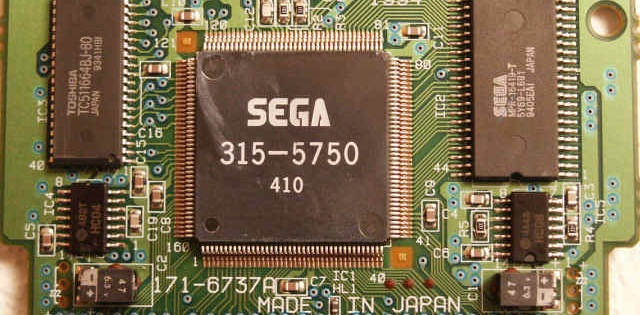
YAMAHAW'D AFTER MIDNIGHT
I've been working in NES-land for the last year or so, using FamiStudio to push out some interesting bleeps and bloops. Obviously my skill set is quite rudimentary, but the results continually improve. I'm approaching the point where I want to compose simple tracks for my 4X entries, but that may be a bit much to ask given how difficult it is for me to compose music when I'm not thoroughly inspired.
For this last 4X, which was heavily inspired by the pseudo-3D efforts of SEGA in years gone by, I also wanted to capture that feel in terms of music. The stock NES sound chip is capable of producing square, triangle, and noise signals. There's also DPCM for primitive sampling support, but that's beyond the scope of this post. There's a limited amount of flexibility to this setup, but it's a capable chip nonetheless, as evidenced by the mountain of excellent NES music out there.
The Genesis (I know, I know, I'm skipping a generation here) utilized a Yamaha YM2612 chip in the US, and it's simultaneously more and less flexible that the NES chip, for reasons that are non-obvious. For starters, you get 4 FM signals per-instrument, and the ability to chain these carriers and operators into different configurations (documented as "algorithms") to produce your bleeps and bloops. These start out as basic sine waves, so you don't get your expected square/triangle/saw permutations out of the box. There's nothing to stop you from carefully constructing signals that follow that rough shape, but it's not a freebie.
You end up with a tremendous amount of flexibility in your instruments, but it takes time and experimentation to tease out the exact sound you're looking for. Most combinations result in a softer sound than its NES counterparts, but that's just the nature of working with combinatory operations.
Now, having said all that, the real treat is the EPSM add-on, which is a hobbyist mod for the NES that adds a Yamaha YMF288 chip, which is dangerously close to the YM2612 in terms of functionality. FamiStudio supports composing for this add-on, so the end result is a single piece of composition software that can compose both NES, and Genesis music. Very nice. Not having to run around in two separate trackers is a godsend.